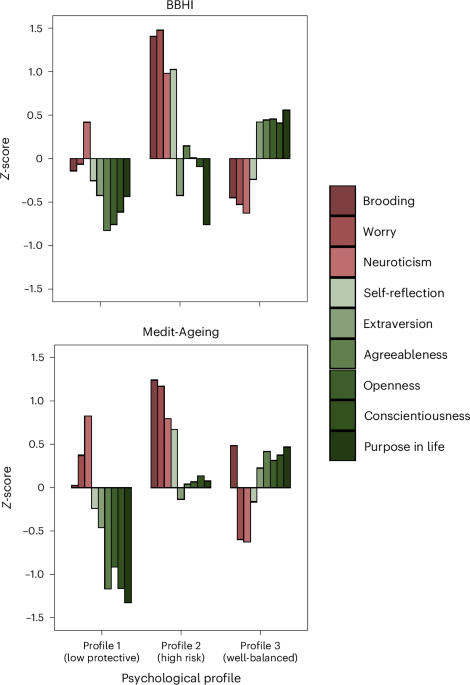
- Select a language for the TTS:
- UK English Female
- UK English Male
- US English Female
- US English Male
- Australian Female
- Australian Male
- Language selected: (auto detect) - EN
Play all audios:
People who care for adult family members or friends fulfill an important role, not only for the people they assist, but for society as a whole. While this care is unpaid, its value has been
estimated at $257 billion annually. Although caregivers make many contributions, being a caregiver may take a personal toll. This study is based on a national survey of 6,139 adults, from
which 1,247 caregivers were identified. Caregivers are defined as 18 years of age or older living in the United States, and providing one or more activities of daily living (ADLs) or
instrumental ADLs (IADLs) for someone aged 18 or older. Key findings include: * There are an estimated 44.4 million caregivers in the United States who, on average, provide 21 hours of care
per week. The average length of caregiving is 4.3 years. * Many caregivers fulfill multiple roles. Most caregivers are married or living with a partner (62%), and most have worked and
managed caregiving responsibilities at the same time (59%). * The typical caregiver is a 46-year-old woman who has at least some college experience and provides more than 20 hours of care
each week to her mother. * Male caregivers are more likely to be working full-time (60%) than female caregivers (41%), and female caregivers are more likely to be working part-time (14%)
than male caregivers. * The most frequently reported unmet needs of caregivers are finding time for one’s self (35%), managing emotional and physical stress (29%), and balancing work and
family responsibilities (29%). The 1,247 caregiver telephone interviews included a total of approximately 200 African-American, 200 Hispanic, and 200 Asian-American caregivers obtained
through over-sampling. Interviewing was conducted from September 5 through December 22, 2003. For more information, contact Linda Barrett at 202-434-6197.






